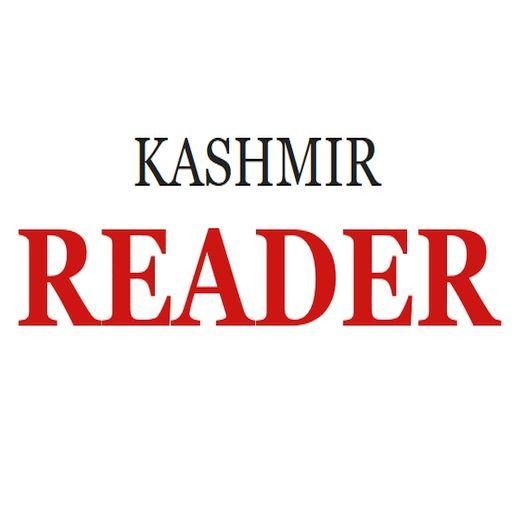Donald Trump’s transition team is pushing to pull the US out of the World Health Organization on the first day of the new administration, according to experts who warn of the “catastrophic” impact it would have on global health.
Members of Trump’s team told the experts of their intention to announce a withdrawal from the global health body on the president-elect’s January 20 inauguration. The departure would remove the WHO’s biggest source of funds, damaging its ability to respond to public health crises such as the coronavirus pandemic.
“America is going to leave a huge vacuum in global health financing and leadership. I see no one that is going to fill the breach,” said Lawrence Gostin, professor of global health at Georgetown Law, adding that the plan to withdraw “on day one” would be “catastrophic” for global health.
The battle over US relations with the WHO comes after Trump nominated several allies, such as vaccine sceptic Robert F Kennedy, for top health jobs in the next administration. However, Gostin said he was not sure that Trump would place as high a priority on an immediate withdrawal as some in his team.
The US is the WHO’s largest single donor, providing about 16 per cent of its funding in 2022-23.
In 2020, Trump initiated the process to leave the WHO as Covid-19 spread, accusing the agency of being under China’s control. But the process was never finished and his successor Joe Biden restarted relations with the agency on his first day of office in 2021.
Experts have been told that some in Trump’s team want to move much faster this time around after initiating the process immediately.
Ashish Jha, Biden’s former White House Covid response co-ordinator and dean of Brown University’s school of public health, said the transition team wanted Trump to withdraw on the first day because of the “symbolism” of reversing Biden’s own inauguration-day move.
“There are lots of people who are going to be part of the inner circle of the administration who do not trust the WHO and want to symbolically show on day one that they are out,” he said.
He added that some in the team wanted to stay in the organisation and push to reform it, but another group who believed in cutting ties was winning the argument.
Bodies such as the WHO are key to global co-operation on vaccine development and distribution as well as other treatments during health emergencies, said Jha.
“If you’re not engaged in these institutions, you do not have ears to the ground when the next outbreak happens,” he warned.
Gostin said there would be “very lean years for the WHO where it will struggle to respond to health emergencies and will have to reduce its scientific staff considerably”.
He warned that if the US left the WHO, European countries were unlikely to step up funding and China might try to wield more influence. “It would not be a smart move as withdrawal would cede leadership to China,” he said.
The Trump transition team did not comment directly on the potential withdrawal. One person familiar with the plans told the Financial Times: “The same WHO that we left in the first administration? It seems like we wouldn’t much care what they have to say.”
The WHO did not comment. Tedros Adhanom Ghebreyesus, the body’s director-general, said this month that it was a “unique organisation” that hoped to partner with US policymakers.
“From our side, we’re ready to work together,” he said. “I believe US leaders understand that the US cannot be safe unless the rest of the world is safe.”











